Algeria is not seen as an impartial mediator in the Libyan conflict after its support to the Islamist camp. Arab political analysts have doubts over the results of the conference of Libya’s neighbors hosted by Algeria on Monday and the effect it has on the political settlement track established by the second Berlin Conference
Algeria is not seen as an impartial mediator in the Libyan conflict after its support to the Islamist camp.
Arab political analysts have doubts over the results of the conference of Libya’s neighbors hosted by Algeria on Monday and the effect it has on the political settlement track established by the second Berlin Conference according to broad international consensus.
Many of the such doubts are understandable giving the Algeria’s limited credentials as an impartial mediator in the Libyan crisis, not least since Algerian authorities have showed their support to the Islamists who dominate western Libya at the expense of the rival camp led by the commander of the Libyan army, Field Marshal Khalifa Haftar, in eastern Libya.
These analysts point out that Algeria does not hide its association with the regional coalition supporting militias based in the Libyan capital Tripoli and pressuring them to maintain control over political decision-making and oil resources, which also support the Turkish army presence in Libya.
Algeria has persisted to antagonize Haftar although senior Algerian officials have met him on a few occasions. Its hostile stance remained particularly after the threats imputed to the LNA leader about invading the border area and Haftar’s dissatisfaction with what he once called “Algeria’s bias in favour of the LNA’s opponents in the struggles in Libya”.
Algerian President Abdelmadjid Tebboune has persisted in activating his country’s diplomatic role, that was nearly immobilized during the last years of the rule of outgoing President Abdelaziz Bouteflika. This has illustrated itself in Algiers’ involvement in the Libyan crisis and the Nile Dam dispute, where Algeria has took a stance outside Arab consensus.
The foreign ministers of Libya, Tunisia, Egypt, Sudan, Niger, Chad and Congo participated in the conference, along with the secretary-general of the League of Arab States Ahmed Aboul Gheit, the African Union Commissioner for Political, Peace and Security Bankouli Adewe and the UN Special Representative to Libya Jan Kubis.
Libyan Foreign Minister, Najla al-Mangoush, highlighted Libya’s struggling from foreign intervention, and said, “What is most exhausting for countries experiencing crises are the destructive interventions by other countries that fuel the conflict and deepen differences.”
She indicated that “Libya has passed the stage of unifying all civilian institutions, but it is still working hard to complete the unification of the military institution and the military track of the Libya Stability Initiative requires unifying the military institution, withdrawal of mercenaries and foreign forces, and securing borders.”
There were no breakthroughs during the Algiers meeting. Positions extend by Algeria broke no new grounds.

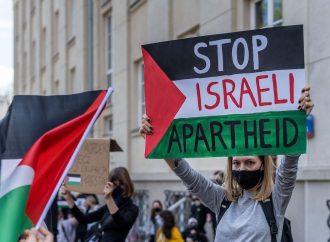
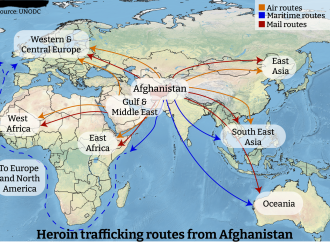
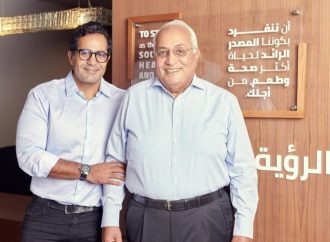
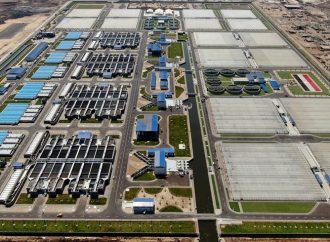
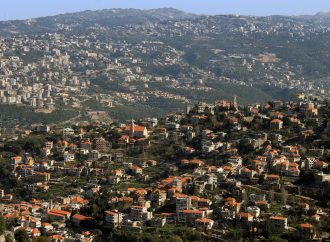
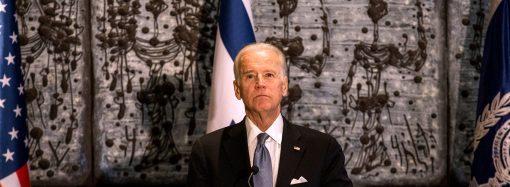
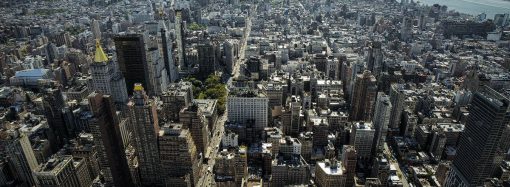
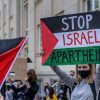
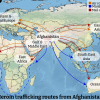

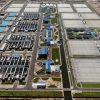

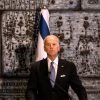

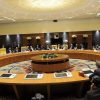
Leave a Comment
Your email address will not be published. Required fields are marked with *